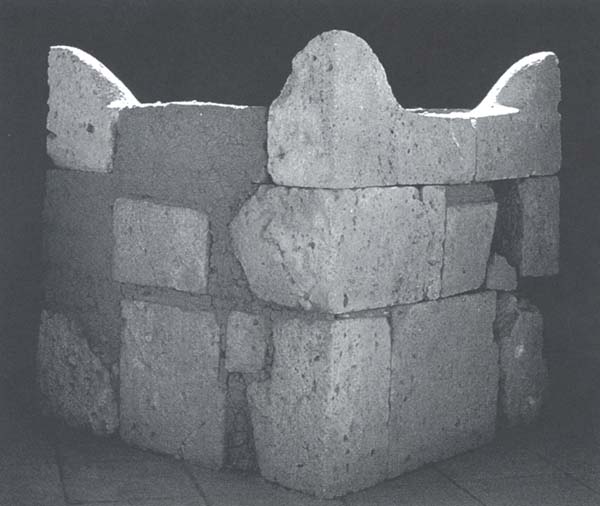Image Details

Zev Radovan
Beersheba Horned Altar: Among the finds of Yohanan Aharoni at Beersheba in the 1970s were well-dressed stones built into the walls under a rampart dating to the late eighth century B.C.E. When assembled, these stones formed a cubical altar about 5 feet high by 5 feet wide by 5 feet long; recent evidence suggests, however, that the altar was actually 9 feet long. Contrary to biblical law (Exodus 20:25), the altar was made of hewn stones and had a serpent incised on one of its blocks. Its top stones were blackened, suggesting that burnt sacrifices (probably animal sacrifices) were offered on this large altar. Aharoni concluded that the Beersheba altar had been deliberately destroyed during the religious reform of the Judahite king Hezekiah (727–698 B.C.E.)—who sought to restrict all cultic practices to the worship of Yahweh in Jerusalem.
